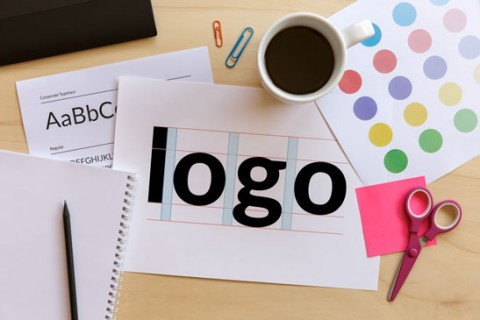 Your logo is very often the first introduction prospective customers have to your business. Not only does having a logo provide legitimacy, it provides brand recognition. You are competing to be seen and heard amongst many other businesses and companies, and your logo needs to help you stand out and be remembered. A good logo should summarise the uniqueness of your business and begin to give your customers an impression of who and what you are.
Your logo is very often the first introduction prospective customers have to your business. Not only does having a logo provide legitimacy, it provides brand recognition. You are competing to be seen and heard amongst many other businesses and companies, and your logo needs to help you stand out and be remembered. A good logo should summarise the uniqueness of your business and begin to give your customers an impression of who and what you are.
Even though your logo is not the only aspect of your ‘brand’, it helps to set the guidelines. A good logo designer will take you through a process of working out what you want to communicate to your customers. What emotions do you want to elicit? What assumptions about your business do you want people to make when they see your logo? A designer then uses fonts, colours, symbols and so on, to create a visual representation of your business. From then on, all your promotional materials will have a clear direction and you will have consistency in your marketing messages.
When your business is new, this process can be quite overwhelming. But it is good to remember that your logo can change and adapt over time. Think of the ways the Apple logo has changed, and other large companies such as Google. You are not always going to have the vision now for what your business will look like, and who it will target, years down the track. So although it is important to capture the essence of your business today, be assured that it is OK to adapt it in the future to reflect changes to your business.
Logo design can sometimes be viewed as an unnecessary expense when a business is starting up. And the costs can be daunting when you are trying to operate on a shoestring! But when you realise the impact that a good logo (and a bad or non-existent one) has on the image you project, logo design will shift to being viewed as an investment, rather than a cost.
Michelle Grice writes a weekly column for business women in The Western Weekender






